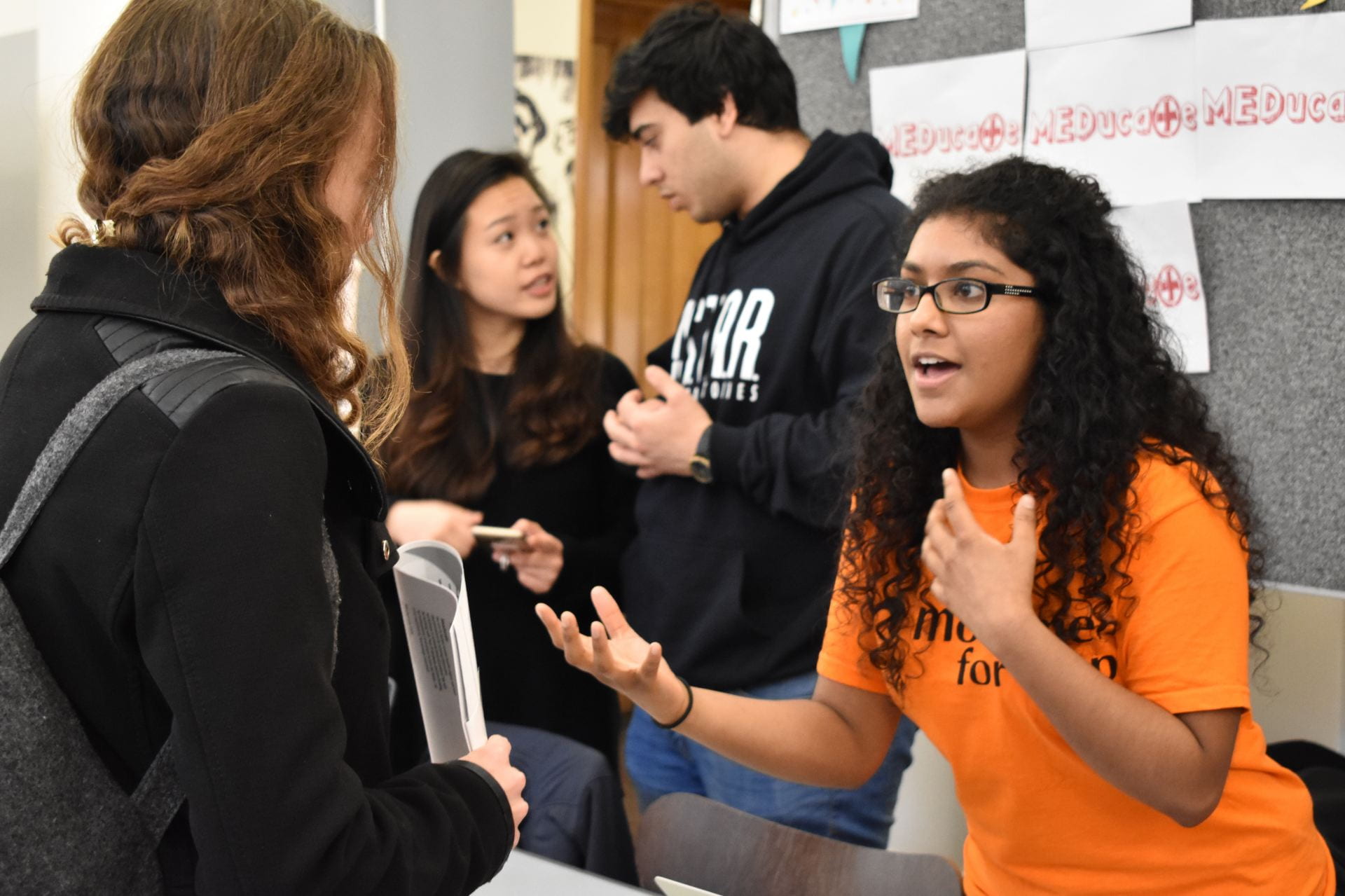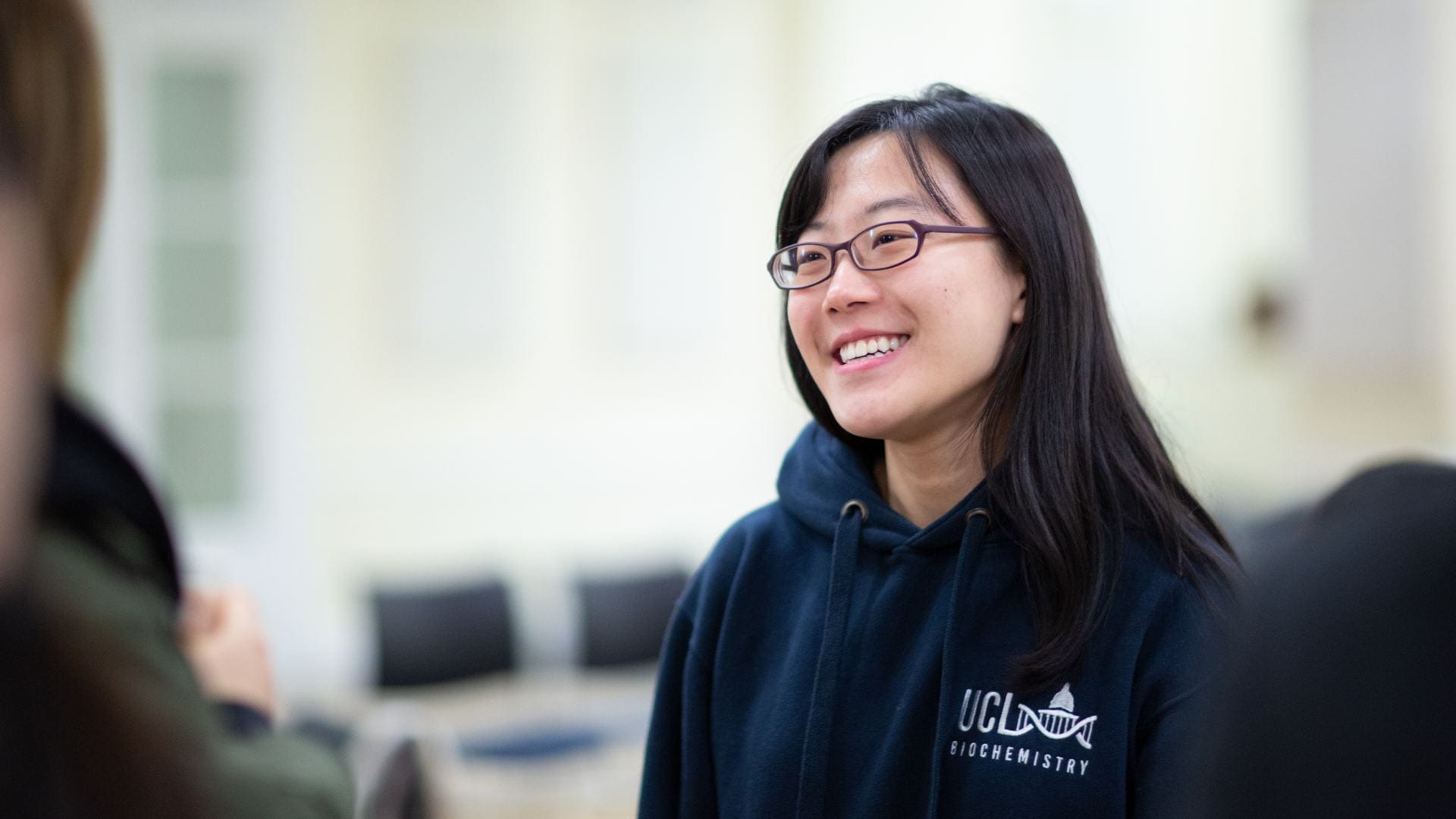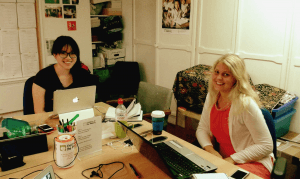Online Volunteering and Your Career…
By skye.aitken, on 25 January 2021
Read time: 2 minutes
Written by Grace Brown, Volunteering Partnerships Coordinator at UCL Volunteering.
It’s no secret that gaining volunteering experience can give you the edge when applying for graduate jobs and even be a direct link to working for a charity. Since the start of the pandemic last year, The Volunteering Service have been working with partners to promote safe volunteering opportunities online that have helped students to develop skills and gain valuable experience in the charity sector.
Student Experiences
Zainab Dar, a first year BA Comparative Literature student has been volunteering with the community organisation BUD as a Business Development and Partnerships Research Coordinator. Zainab spoke to us this month about the impact she has made and how volunteering online has been.
‘I believe it can be so fulfilling to make a change in society and improve your own skills even within the confines of your home amidst a pandemic.’
When choosing your volunteer role, it’s a good idea to consider how it can give you new insights into your academic subject and help you develop skills that you can use within your course. Our volunteering directory allows you to filter opportunities by skills, so you can search roles to develop new skills or build on existing ones.
Yaning, a second-year Population Health with Data Science student at UCL, has been volunteering with Med Supply Drive UK and told us about her skills development.
‘Volunteering with Med Supply Drive UK has introduced me to programmes such as Canva, Visme, Slack, and Trello. It has improved my writing and design skills, as well as my attention to detail, and has taught me how to respond productively to criticism.’
Read more stories of how students have been volunteering online this past year, the challenges, and rewards of volunteering online and how it has supported student’s skills development.
Our Top Picks
Filter opportunities to find leadership skills today on our directory and results will include amongst others a Project Leader position at Camden Carers Centre. If you wanted to develop your research skills, you’ll see roles such as this Trusts and Foundations volunteer at a hospice or a working on a Asian Food Heritage Project. For many of these roles the time you commit is completely flexible.
Whilst it’s not possible to meet people face to face just yet, there are many opportunities to creating meaningful connections and build on your communication skills through tutoring and mentoring volunteering. Volunteer with The Access Project to tutor a young person for one hour a week or become a Volunteer Buddy at Sense to support a young person with complex needs online. No prior experience is necessary as all training is provided.
Find all current online volunteering opportunities on our online directory, check out our guide to volunteering safely during the pandemic, and get in touch with any questions or to share your own experience of volunteering online.
Want to find out more about careers working in a charity or NGO? Book yourself on to the events as part of UCL Careers’ Charities & NGOs Week.
 Close
Close








